Britain & Ireland
The Tudors continue to fascinate and some of their story is told here along with the other dynasty of the period the Stuarts. Alongside those resources are the podcasts on the ideas that transformed British society during that period and created a United Kingdom for the first time. The industrial revolution is explored through poetry as well as technology. Religious collapse, change and diversity are all themes explored in this section. Read more
Sort by:
Date (Newest first) | Title A-Z
Show:
All |
Articles |
Podcasts |
Multipage Articles
-
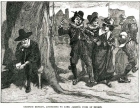
King James’s Book of Sports, 1617
ArticleClick to view -

Lecture: Gender, place and power in controverted 18th century elections
ArticleClick to view -

Lecture: The doctor’s garden
ArticleClick to view -
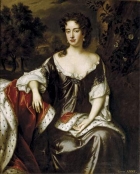
Limited Monarchy in Great Britain in the Eighteenth Century
ArticleClick to view -
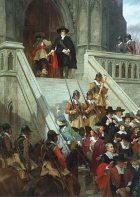
London and the English Civil War
ArticleClick to view -
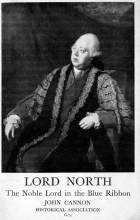
Lord North: The Noble Lord in the Blue Ribbon
ArticleClick to view -

Lord Rochester's Grand Tour 1661 - 1664
ArticleClick to view -
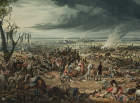
Losing sight of the glory: five centuries of combat surgery
ArticleClick to view -

Mr Adams' Free Grammar School
ArticleClick to view -

My Favourite History Place: A Short History of Brill
ArticleClick to view -

My Favourite History Place: Castle Hill, Huddersfield
ArticleClick to view -

My Favourite History Place: Llanelly House and Saint Elli’s Church
ArticleClick to view -

My Favourite History Place: Swarkestone Bridge
ArticleClick to view -

My Favourite History Place: The Holburne Museum
ArticleClick to view -
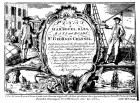
National distinctions entirely laid aside?
ArticleClick to view -
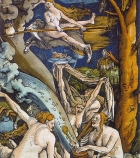
Occult and Witches
ArticleClick to view -
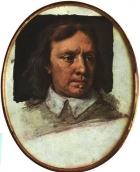
Oliver Cromwell 1658-1958
ArticleClick to view -

Opinion: Who was ‘the man of his time’?
ArticleClick to view -

Out and About in Derry/Londonderry
ArticleClick to view -
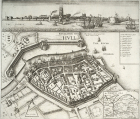
Out and About in Hull’s Old Town
ArticleClick to view

